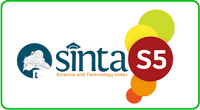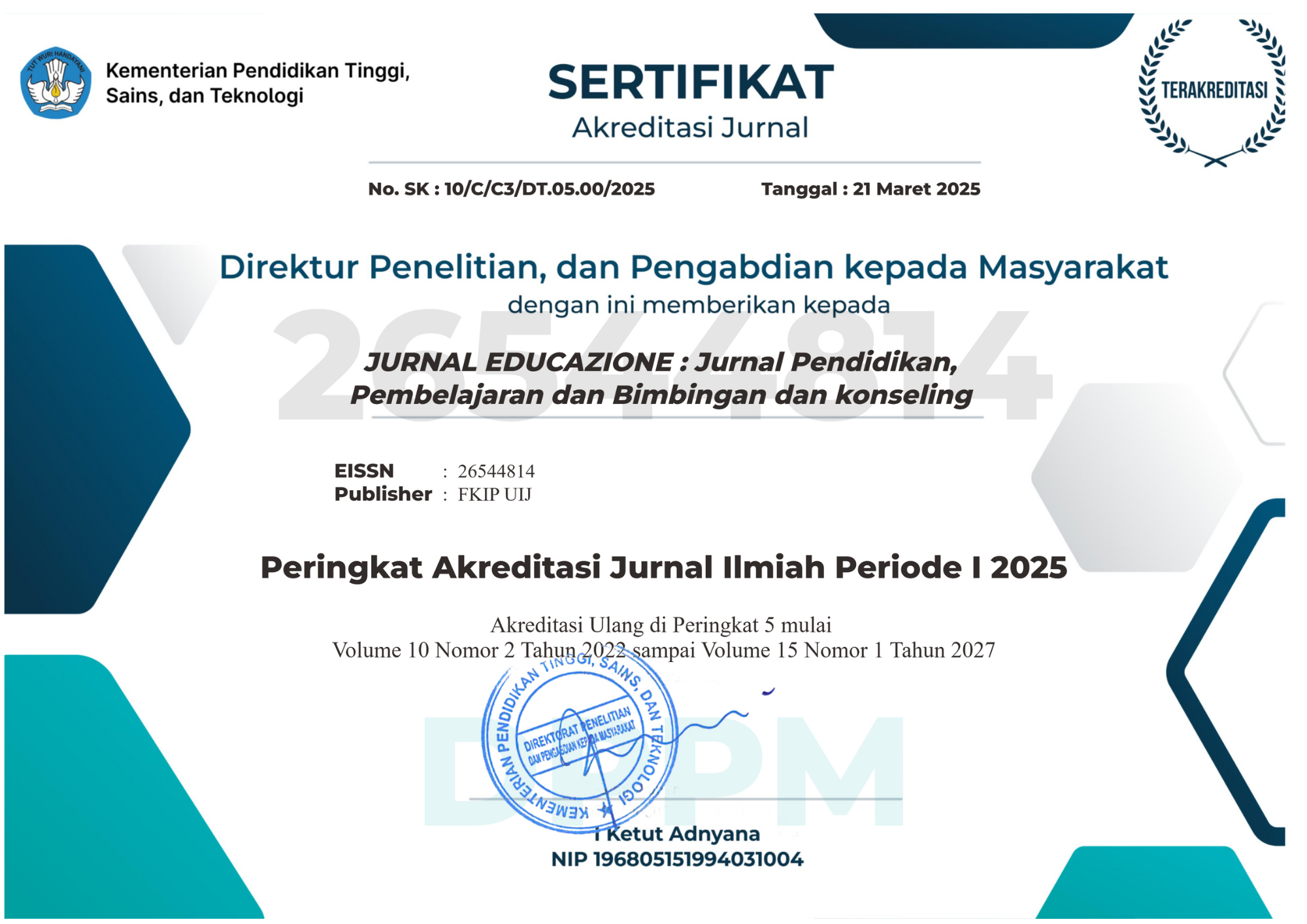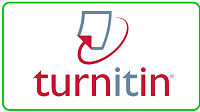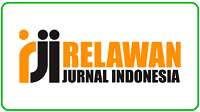PENGARUH PEMBELAJARAN ONLINE TERHADAP KETERAMPILAN BERPIKIR KRITIS PADA SISWA SMA
DOI:
https://doi.org/10.56013/edu.v10i1.1617Abstract
This study aims to test and compare the effectiveness of online and offline learning on students' critical thinking skills. The sample selected as many as 252 students, who were selected based on the distribution of the balance of the number of students based on online and offline class learning. The sample was obtained from 8 schools in 2 cities, namely Situbondo and Probolinggo. The critical thinking skills rubric adapted from Zane (2013), which was developed by Facione (1990), consists of 6 indicators, namely (1) Interpretation, (2) Analysis, (3) Evaluation, (4) Conclusion, (5) Explanation, and (6 ) Metacognitive. ANOVA analysis was used to test the effect of online and offline learning on students' critical thinking skills by starting with the prerequisite test, namely the homogeneity test and normality test. The analysis showed that students who were given offline learning showed higher critical thinking skills compared to those who were given online learning. Hands-on activities and classroom activities have a significant influence on the development of student's critical thinking skills.
Keyword: online learning, offline learning, critical thinking skill
Downloads
Published
How to Cite
Issue
Section
License
Copyright (c) 2022 Hariyanto

This work is licensed under a Creative Commons Attribution 4.0 International License.















 a
a 



